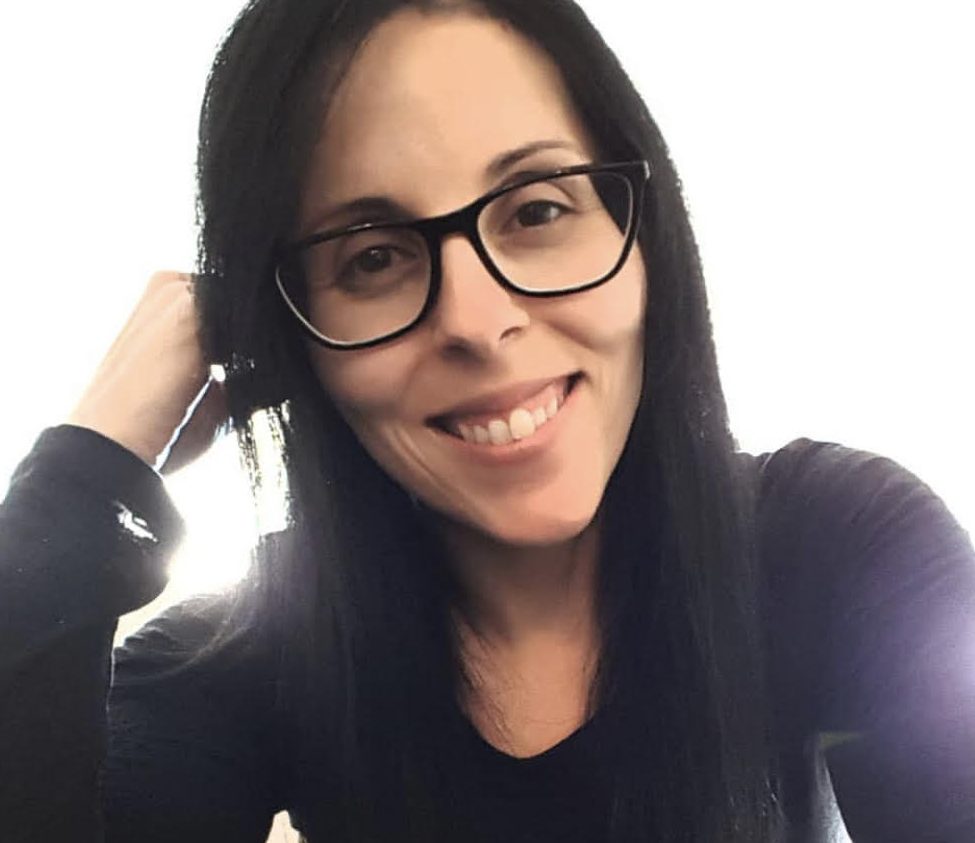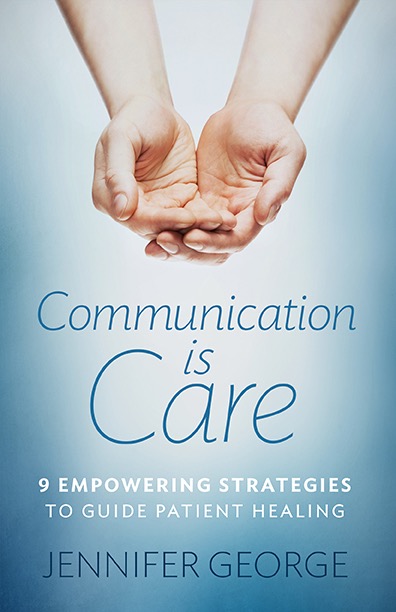Introduction
I am a Physiotherapist and provide rehab to patients who stay for a prolonged period of time in hospital. In a lot of ways, my patients have lost a sense of their independent identity. They have gone from living life on their terms to living within the framework of the healthcare system — their days are scheduled and regimented according to their medications, personal care, and therapeutic needs.
At the very end of my schooling and just before I started practicing, my father was diagnosed with end-stage liver cirrhosis and liver cancer, and he required a complete liver transplant. I had always been grateful that my parents remained strong and independent deep into their 60s, but when my father became ill, it changed his and my life forever.
Agreeing to the transplant seemed to be my dad’s only hope. He was wheeled into the operating room, pensive and afraid. My dad underwent a liver transplant in February 2007. After the surgery, the surgeon came and told us the liver was a bit tough but that there were no other issues.
I remember going to see him in the ICU. My sister gave him the thumbs-up, and he responded with relief in his eyes as he dozed back off. I remember feeling so proud of him — he’d defied the odds of being one of the oldest transplant recipients, attracting medical students to observe his surgery and learn about his story.
Hours passed, and my dad’s sleep was getting deeper and deeper, his breathing more laboured. By this time, he had not responded in twenty-four hours. The liver was not taking as we hoped. The only option was to put him at the top of the nation-wide recipient list for an emergency liver. He basically had twenty-four hours to receive a new liver, or he would die.
Thankfully, a donor heard our weeping prayers. While my dad underwent his second transplant, he was really sick. His bodily organs had all been shutting down, and, by the time he received the second liver, he’d suffered a brain injury and a slew of other chronic health complications. For months, his life was supported by mechanical ventilation, dialysis, EEGs, IVs, medications, and catheters. Even long after the machines were detached, his suffering continued.
After several months in the ICU, the medical team thought it was time for my father to start physiotherapy. I thought that, if I could observe his therapy, it would be great for me to spend time with him and learn from a professional in the field.
I can vividly recall walking into his room: my father was sitting at the side of the bed and the physiotherapist was sitting on a stool in front of him. My dad had a washcloth in his hand, and it was quite obvious that he was confused, agitated, and not following any of the simple commands from the therapist.
I sensed the therapist’s frustration as he proceeded to tell me that my father was taking up the majority of his caseload time. He then further challenged me to “think like a therapist and not like his daughter” and asked what I would do in this case.
I took one look at my dad and one look at the therapist and responded, “I am thinking like a therapist, and I would continue to work with my patient until I was directed otherwise by the doctors or until his goals were met.” My father also responded by throwing the washcloth that he had in his hand out of frustration and protection of his youngest child.
It is sometimes in our most vulnerable moments that we discover our value. It is sometimes in our most painful moments that we discover our power. It was here that I made the clear decision to be a therapist who would lead with empathy, patience, and compassion.
In Communication Is Care, I have combined eleven years of experience into nine strategies that will guide healthcare providers to communicate with impact and ultimately revolutionize their patients’ lives.
Reprinted from Communication Is Care: 9 Empowering Strategies to Guide Patient Healing by Jennifer George, PT, copyright (c) 2019.


